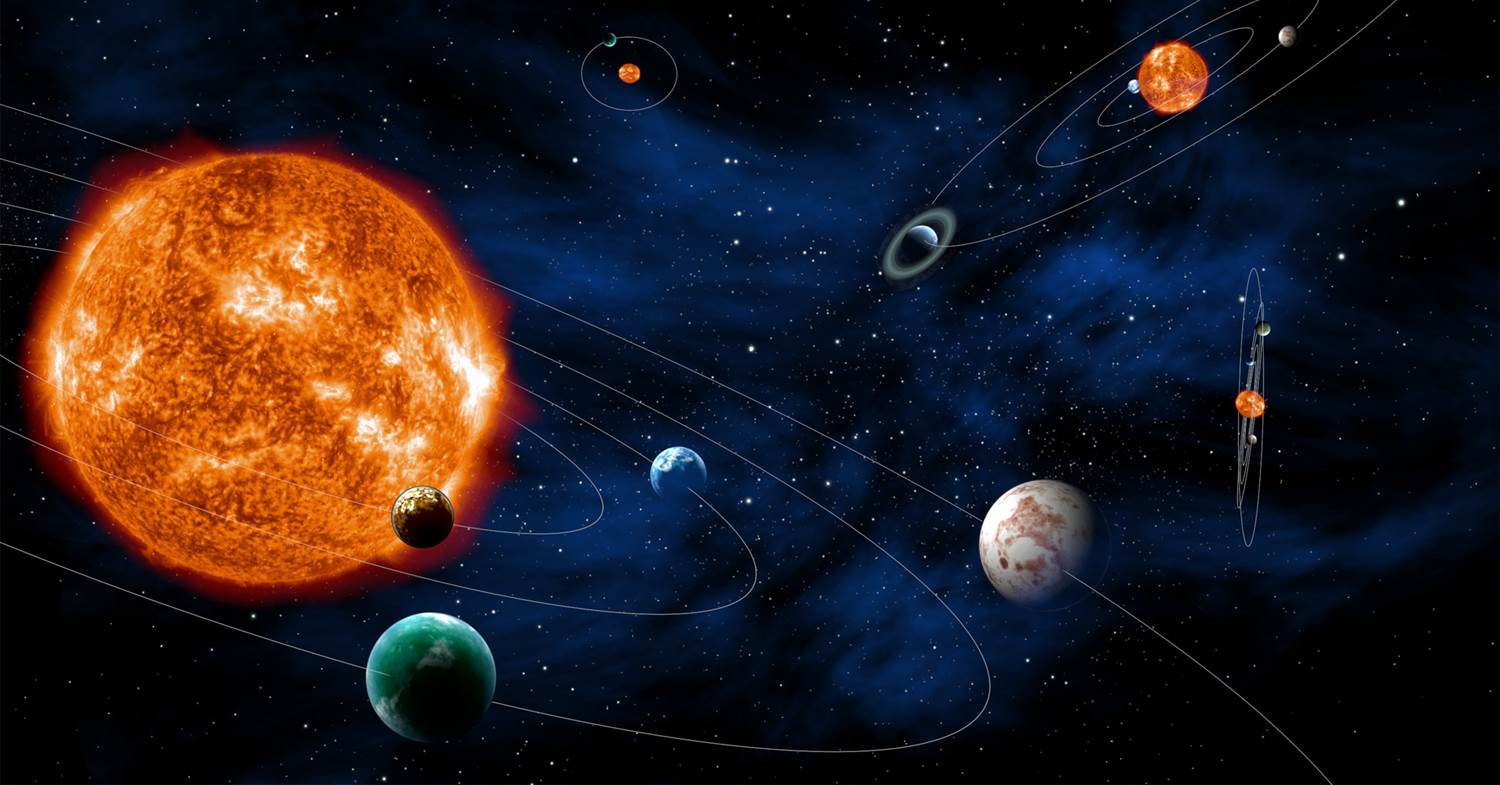Introduction:
Since the first human spaceflight in 1961, space exploration has been a key area of scientific research and discovery. Through space missions and the development of new technologies, we have gained unprecedented insights into the universe and the fundamental laws of nature. In this blog post, we will explore the importance of space exploration for our understanding of the universe.
Discovery of New Planets:
One of the most significant discoveries made through space exploration is the identification of new planets beyond our solar system. These discoveries have helped us to better understand the formation and evolution of planetary systems, as well as the potential for life beyond Earth. Through missions such as NASA’s Kepler and TESS telescopes, we have identified thousands of exoplanets, and this number continues to grow.
Understanding the Origins of the Universe:
Space exploration has also helped us to better understand the origins of the universe itself. Through telescopes and other instruments, we have been able to observe the cosmic microwave background radiation, which provides important clues about the early universe. In addition, space missions such as the European Space Agency’s Planck spacecraft have helped to refine our understanding of the composition and structure of the universe.
Investigating the Fundamental Laws of Nature:
The study of space also provides important insights into the fundamental laws of nature, such as the laws of gravity and thermodynamics. Through missions such as NASA’s Gravity Probe B and the European Space Agency’s GAIA mission, we have been able to test these laws in environments that are not possible to replicate on Earth. These experiments have provided important confirmation of some of our most fundamental theories about the universe.
Inspiring Future Generations:
Finally, space exploration is important for inspiring future generations of scientists and explorers. The achievements of space exploration capture the imagination of people around the world and encourage young people to pursue careers in science, technology, engineering, and mathematics (STEM). Through programs such as NASA’s Space Grant Consortium and the European Space Agency’s Young Graduate Trainee program, we are investing in the next generation of space scientists and explorers.
Conclusion:
Space exploration has revolutionized our understanding of the universe and our place within it. Through the discovery of new planets, the study of the origins of the universe, the investigation of fundamental laws of nature, and the inspiration of future generations, space exploration continues to push the boundaries of human knowledge and understanding. By continuing to invest in space exploration, we can unlock new insights into the cosmos and continue to push the limits of what is possible.


